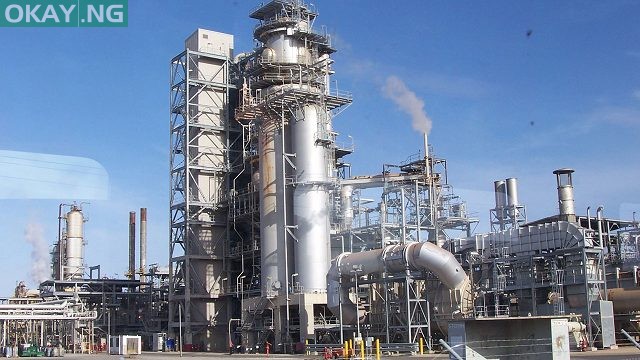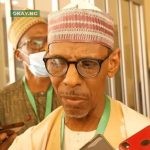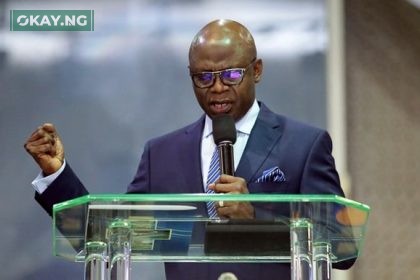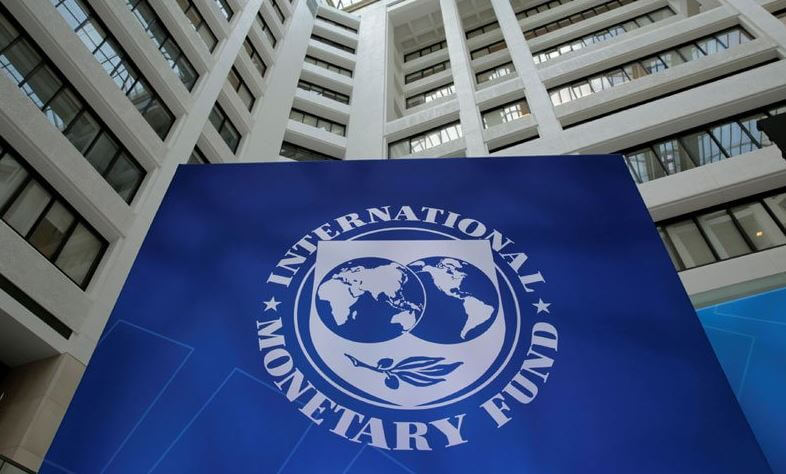As Nigerians await the release of Premium Motor Spirit, popularly known as petrol, from the $20 billion Dangote Oil Refinery, the Nigerian National Petroleum Company Limited has said it will start distributing the product from the plant on September 15, but has highlighted the determining factor of it price.
NNPC stated that the exchange rate and market forces affect the cost of gasoline, noting that the market has been deregulated. Oil traders said on Thursday that about 2,000 tankers were still waiting to load the product at various depots of the national oil company in Lagos, Warri and Port Harcourt.
The federal government also said that there will be a massive supply of gasoline during the weekend when the ships began to unload, but excluded the PMS price. Operators said the government might have ended the petrol subsidy because of its recent stand on PMS prices. The NNPC said the illiquidity of foreign exchange has been a major factor influencing the fluctuation of oil prices, which are governed by free and unrestricted market forces as provided for in the Act of the Petroleum Industry.
The Executive Vice President, NNPC, Adedapo Segun , said during a live television broadcast on Thursday that the current fuel shortage is expected to be relieve in a few days as more stations will be adjusted and start selling PMS.
He said Section 205 of the PIA, which established the NNPC, stipulated that oil prices were determined by free and unfettered market forces.
“The market has been deregulated, which means that oil prices are now determined by market forces and not by the government or NNPC Ltd. Also, the exchange rate plays an important role in influencing these prices,” he added according to The essence of Dangote As the Dangote Refinery PMS commission began, Segun said the NNPC was waiting for the September 15 timetable provided by the refinery, adding that the national oil company had almost a thousand fuel stations across the country and was working with distributors to “ensure that stations open early and close late to maintain an adequate supply of fuel to meet the needs of Nigerians”.
” We are also working with the relevant authorities to ensure that product diversions are avoided and timely deliveries are ensured at all stations. The shortage is expected to ease in the coming days as more stations are retrofitted and start the operations,” he said.












